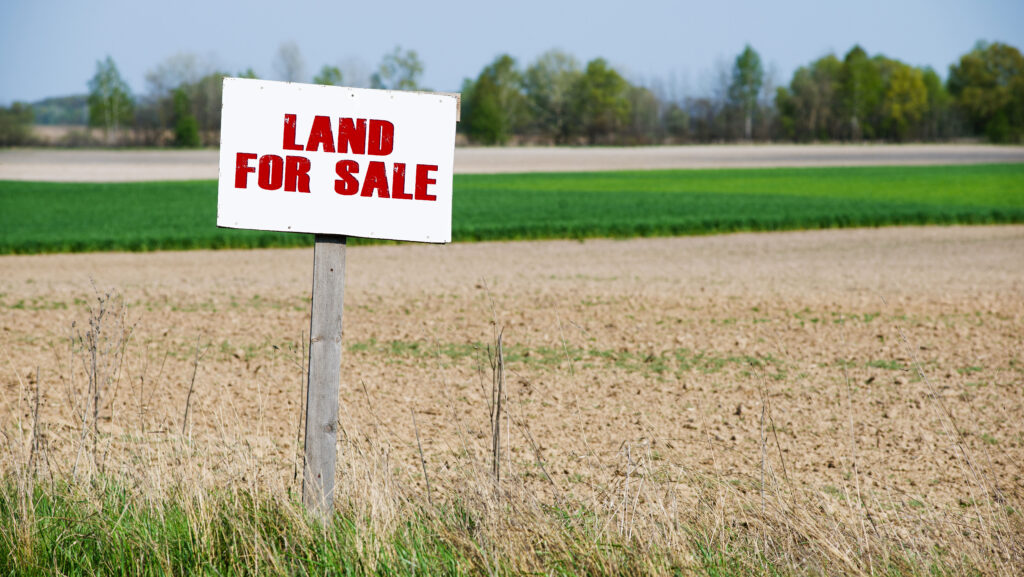Record farm closures amid IHT reforms and rising costs
 © Adobe Stock
© Adobe Stock A record 6,365 agriculture, forestry, and fishing businesses closed in the past year, the highest number since quarterly data was first collected in 2017, according to the Office for National Statistics (ONS).
This alarming figure, published first in the Daily Telegraph, signals the fastest pace of farm closures on record and raises concerns about the future of UK agriculture and national food security.
The sharp decline coincides with chancellor Rachel Reeves’ announcement in October 2024 of changes to inheritance tax (IHT) relief on family farms.
See also: Farmland 2025: Competitive pricing needed in slow market
From April 2026, despite fierce opposition from farming organisations, Sir Keir Starmer’s Labour government plans to introduce a new 20% tax will apply to inherited agricultural assets valued at over £1m, ending the longstanding full exemption.
The majority of farm closures occurred within six months of this announcement, suggesting farmers are already reacting to the looming tax burden.
Farmers ‘pushed to the edge’
Victoria Vyvyan, President of the Country Land and Business Association (CLA), said: “This report says what ministers won’t: rural businesses are being pushed to the edge.
“Farmers trying to modernise or diversify are blocked at every turn – by red tape, by national insurance rises, by a government that talks growth while pulling out the foundations beneath it.
“Still, the countryside carries on. New businesses are opening. People are holding on. But grit isn’t a strategy. What’s needed now is simple: stability, clarity, and a government willing to listen – before more farms are lost and more families are forced out.”
Shadow Defra secretary Victoria Atkins criticised the government’s approach, saying: “The crippling NICs increases, alongside the family farm and family firm taxes, are destroying generational businesses, creating job instability and even leading to devastating suicides.
“These statistics prove that Labour do not understand our rural communities and our rural communities cannot afford Labour.”
Welsh Liberal Democrat Westminster spokesperson David Chadwick MP also condemned the “Family Farm Tax”, warning of its impact on rural Wales, where nearly half of agricultural workers speak Welsh.
“Family farms are the heart of rural Wales, but this Labour government is tearing that heart out,” said Mr Chadwick.
“By slapping a tax bill on the next generation just for keeping their parents’ farm going,
“Labour will force local farms to be chopped up and shut down. I am calling on the chancellor to reverse course before more Welsh family farms are lost forever.”
Farm decline
Last month, research from Cynergy Bank highlighted the gravity of the situation, showing that less than half of agricultural businesses closing are replaced by new entrants.
In the first quarter of 2025 alone, 1,890 agricultural businesses shut while only 805 new ones opened, highlighting a critical threat to the sector’s sustainability.
A Defra spokesperson responded to the criticism, saying: “Our commitment to farming and food security is steadfast and farming profits in the UK increased by £1.6bn last year.
“We are slashing costs and red tape for food producers to export to the EU, have appointed former NFU president Baroness Minette Batters to recommend reforms to boost farmers’ profits, and we’re ensuring farmers get a bigger share of food contracts across our schools, hospitals, and prisons.”
